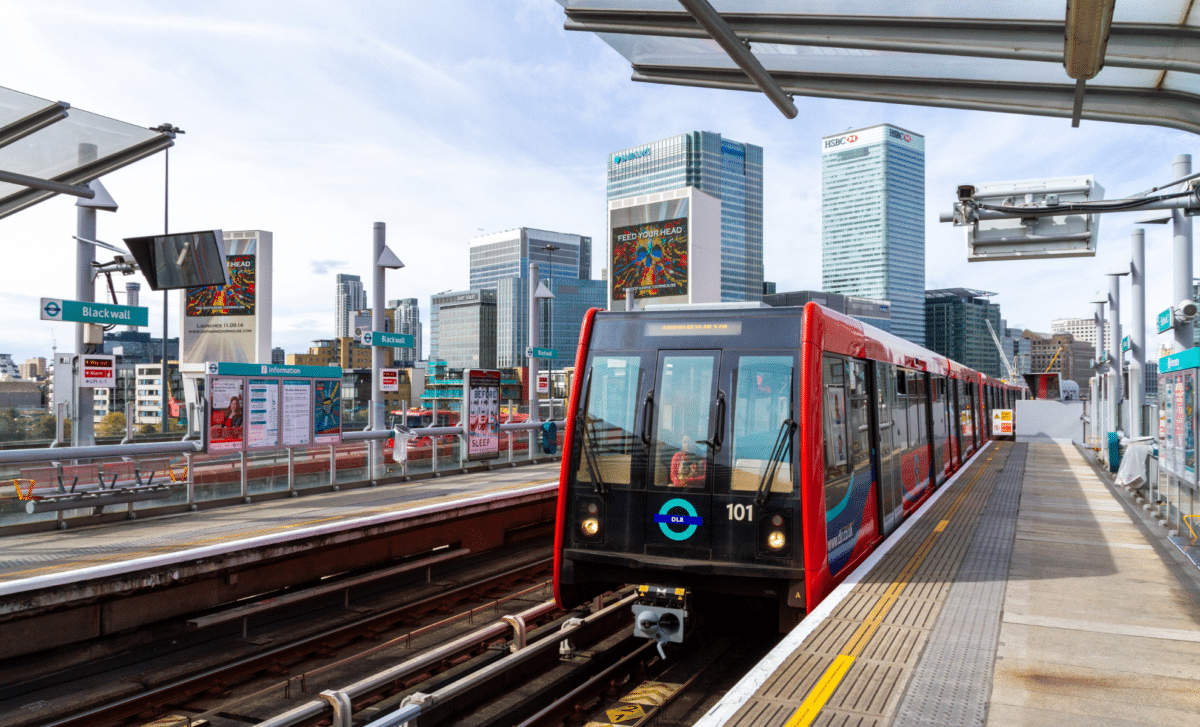According to a scathing assessment by the government’s spending watchdog, the UK’s ambitious plans to overhaul its weakening railway system are encountering significant delays, marked by a failure to achieve “high level benefit” targets. As these delays and unmet objectives persist, a looming question emerges, could these setbacks escalate existing challenges and lead to additional strikes within the railway sector?
NAO Reveals Challenges and Delays in UK Railway System Reforms
The National Audit Office (NAO) report presents a stark reality to the UK government’s railway reform plans, revealing important delays and unmet targets. In the review, none of the 12 “high-level benefit” goals set for 2021 have been achieved, raising concerns about whether the proposed changes are efficient. Moreover, the government failed to deliver the promised £2.6 billion savings by 2024/25, with projections indicating only 3/4 of the target will be met.
The 2021 white paper on rail reform, introducing ideas like Great British Railways (GBR) and new operating models, envisioned comprehensive alterations. Nevertheless, the NAO highlights that most commitments, including the establishment of GBR, remain either in progress or entirely halted.
As the government grapples with passing necessary legislation, only 21 out of 62 commitments in the white paper requiring legal changes have been passed. Plans to introduce legislation supporting structural improvements were postponed, causing a disrupted overall timeline of improvements.
The NAO is encouraging the rail sector structures to collaborate closely, and urging the Department for Transport (DfT) to clearly define its objectives and set more realistic and achievable plans.
Will Delays in UK Railway Reforms Trigger Future Strikes?
The ongoing setbacks and unmet goals in the UK government’s railway system reforms, pose significant threats for potential impacts, particularly regarding the possibility of further industrial actions. The NAO’s report reveals a serious situation where the plans set by the government for railway sector improvements struggled with considerable issues as it failed to reach its 2021 goals.
The NAO urges for a complete review underscoring the industry’s apprehension, suggesting that the proposed reforms, left without legislation, risk to remain stagnant. This reflects broader concerns within the sector about the reforms’ efficacy and their impact on the railway system’s functionality.
The uncertain environment that surrounds the reaching of the previously-cited commitments, including the establishment of Great British Railways and the introduction of new operating models, adds another layer of difficulty to an already critical situation; it, could in fact lead the railway workers and unions to interpret the delays as a sign of weakening progress, which could potentially fuel dissatisfaction and increase the possibility of future strikes.









